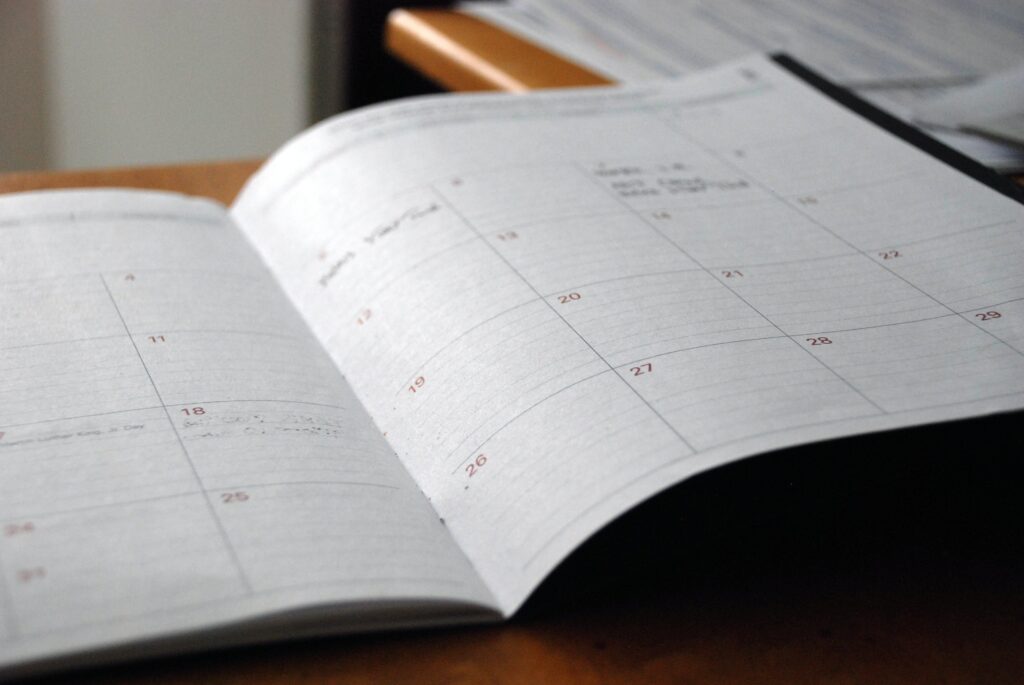As human beings we crave certainty. This is why we enter into mortgages, marriages, and secure jobs for decades on end. Unfortunately, any investor into the stock market will know that you do not have this luxury when trading shares. Announcements occur, remarks are made, planes fall out of skies and CEO’s get caught doing the wrong thing – with this, prices can move substantially in a flash. In my 30 years of trading markets, one thing I can attest to remaining profitable over this time is knowing when key events are happening in the stock market and the economy in advance. Of course, there are always unforeseen events which occur without any prior knowledge, however, there are most definitely some dates you should pencilling into your trading calendar and here’s why.
Firstly – what is a trading calendar? Well as the name would suggest, this is a calendar you build out where you list out all of the important upcoming dates. These can be company specific, like earnings announcements or dividend dates given they are scheduled usually months in advance, or it can be broad market – like the release of an inflation report, which is yet again scheduled months in advance. Sometimes these can even be as simple as trading holidays, which surprisingly enough do have a material effect on stock prices.
Let’s take an example and say you own five blue chip Aussie shares. Importantly, I’d be looking to create a calendar at least one month beyond where you are now for those businesses. When do they go ex-dividend? Do they have an earnings announcement? Are there any upcoming corporate actions? A simple google search to the company or ASX website will allow you to input these events. Next, your task is to input any key economic announcements or reports – these are events like the RBA policy meeting (the first Tuesday of every month), inflation report release dates, trading holidays, elections, employment reports and so forth. All of these events can give investors insight into the strength of the economy or indication where interest rates will likely move – which can have a material effect on share price. Knowing this in advance is key. Here’s an example trading calendar I made earlier in the year for the broad economic events in the US:

My last and final suggestion in all of my experience trading markets, is to keep consistent. It is important that you don’t just build a trading calendar for one month, rather, you do this every single month. Knowing when things are happening can allow you to make better informed decision on when to buy, what to buy and why. Also knowing when volatility is likely to pick up can be critical for your risk management, otherwise known as allowing you to sleep at night whilst your hard-earned capital is at work. For more insight on how to build your own trading calendar and some strategies to profit from this, reach out to my team at Australian Investment Education to learn more: http://bit.ly/aie-mjb
